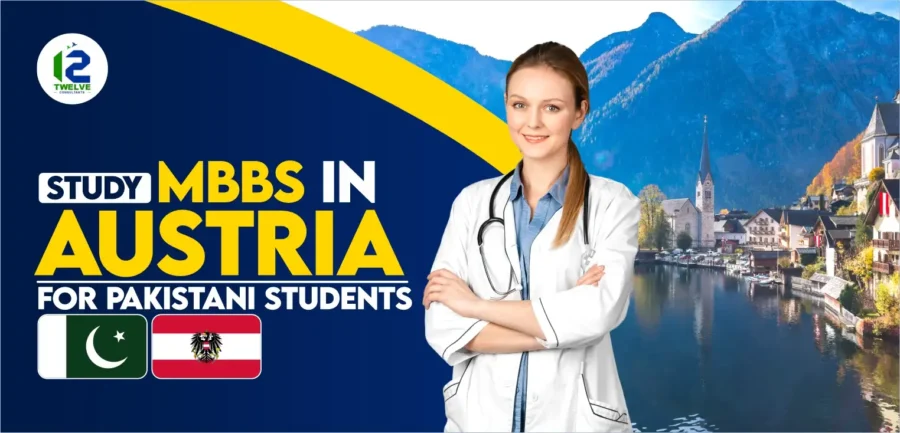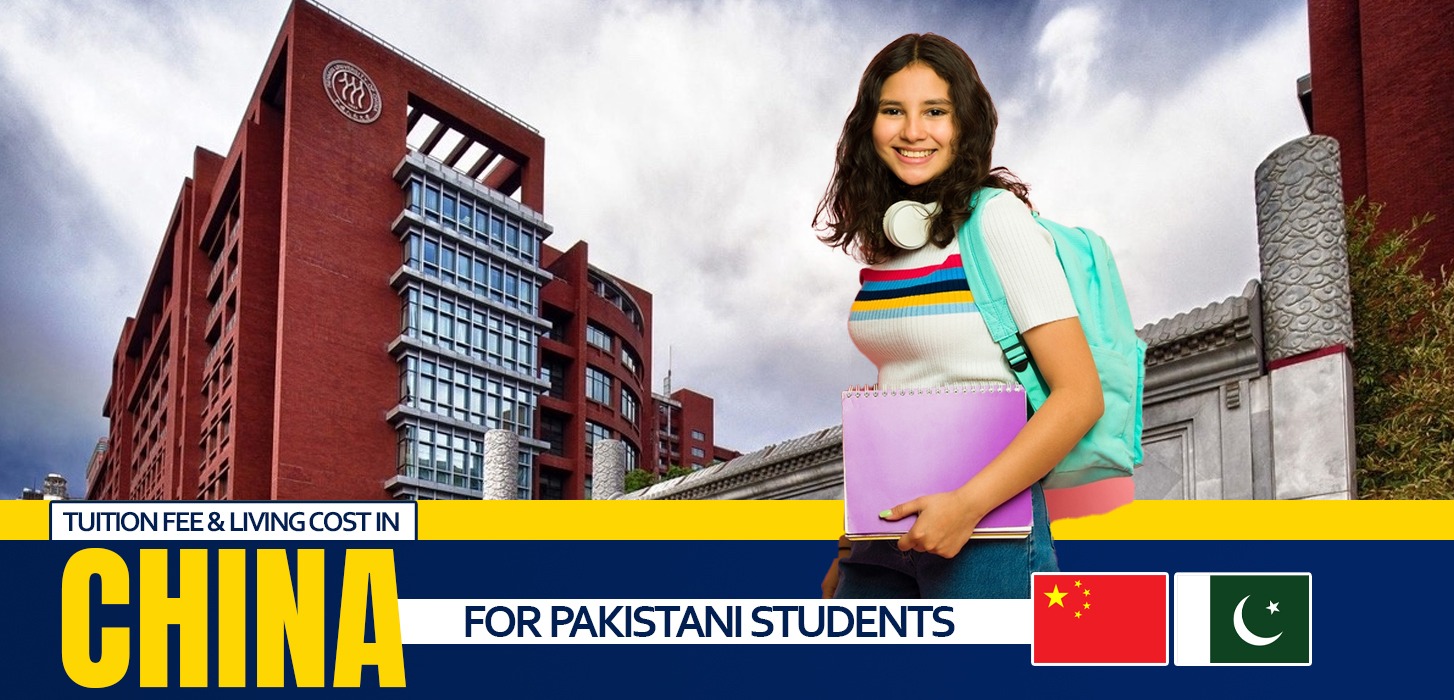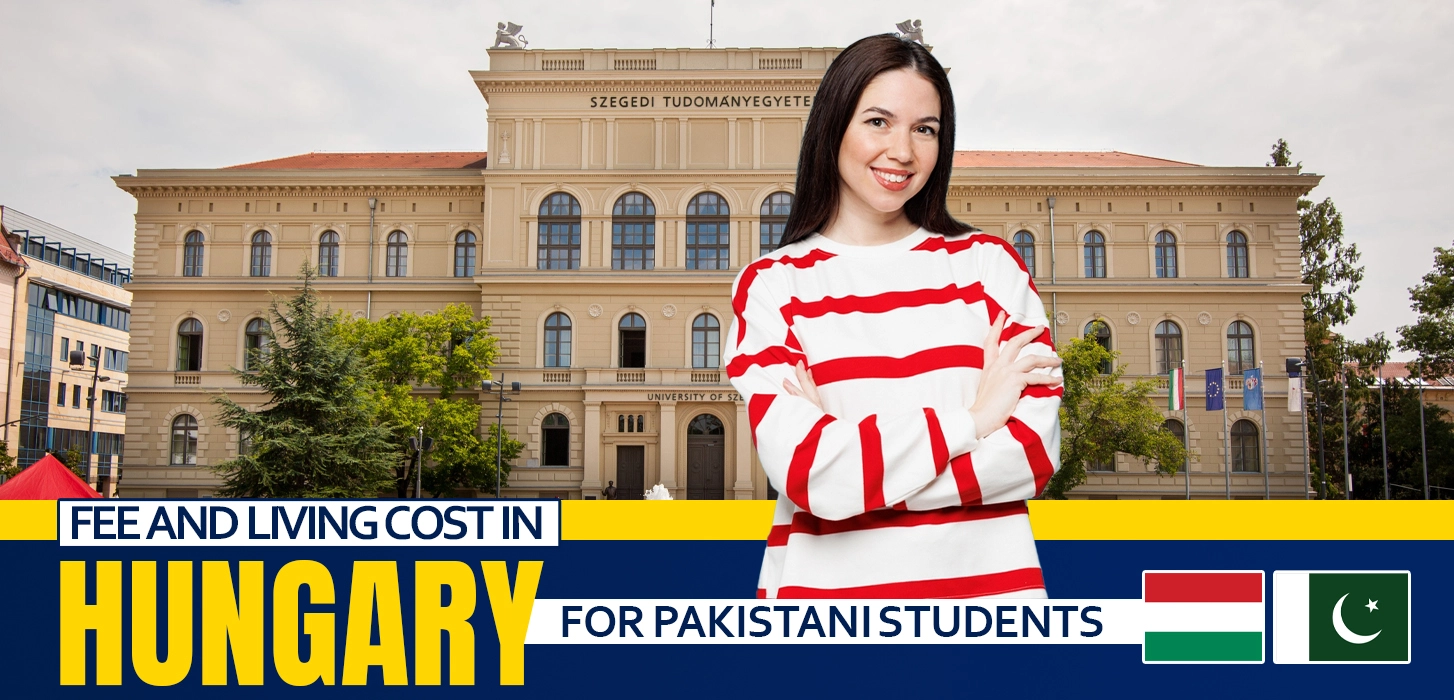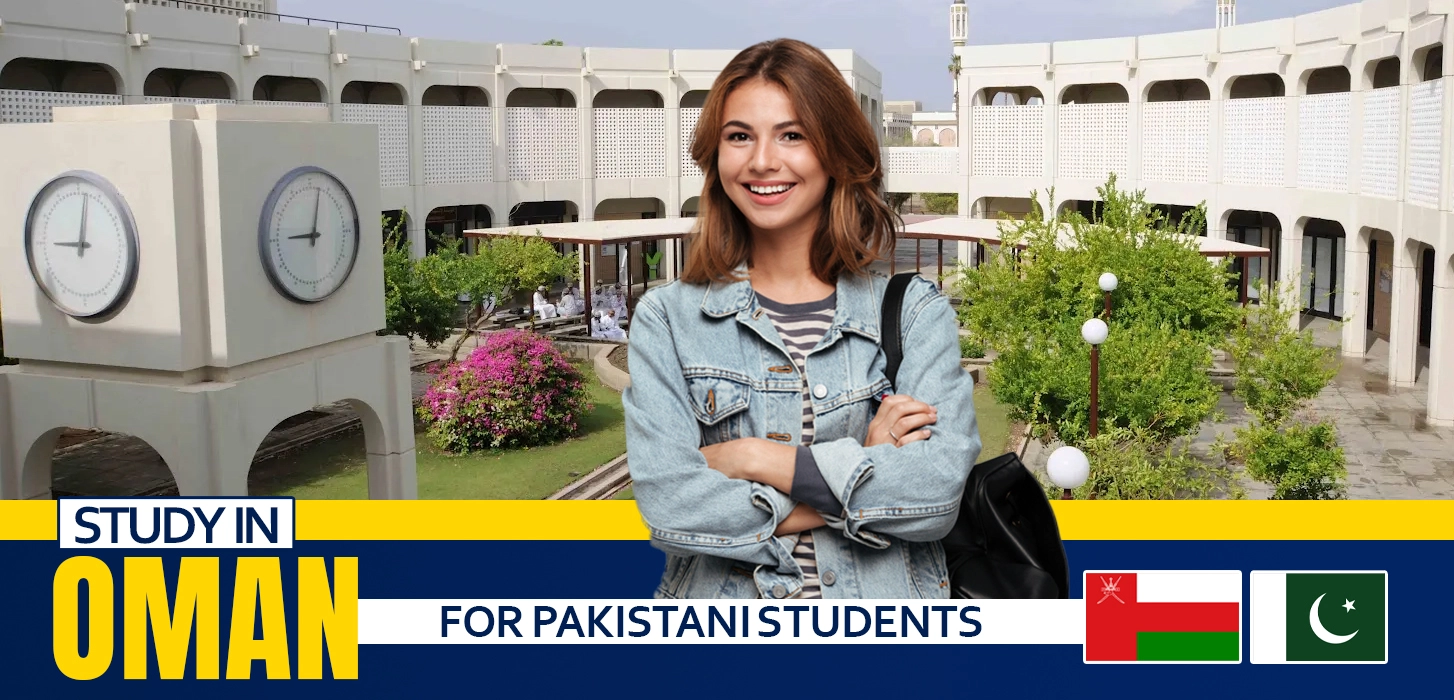
Study MBBS in Austria for Pakistani Students | Tuition Fee | Eligibility Criteria | Austria Visa Guide | Scholarships In Austria
Austria’s education system extends beyond its reputation for scenic landscapes and culinary delights. It offers a comprehensive and adaptable approach to learning, empowering students to personalise their academic journeys.Following a foundational nine years of compulsory education, students can embark on a path that aligns with their individual aspirations. Those seeking a university-preparatory track can leverage Austria’s esteemed academic secondary schools. Alternatively, students with a passion for practical skill development can benefit from the nation’s exceptional vocational training programs. This emphasis on both theoretical knowledge and practical application ensures graduates possess the necessary skills to flourish in their chosen fields. Consequently, the Austrian education system caters to a variety of intellectual pursuits and equips students with the tools necessary to achieve success in their future endeavours.
Information | Details |
Best Cities to Study | Vienna, Graz, Innsbruck, Salzburg, Linz |
Currency | Euro |
Schengen Country | Yes |
Studies in English | Yes (availability varies by program and university) |
Living Costs | €800 – €1,200 EUR /month |
Admissions Intake | Typically September and February |
Scholarship Opportunities | Yes |
University | City |
Medical University of Vienna (MedUni Wien | Eastern Austria |
Medical University of Graz (Med Uni Graz) | Southern Austria |
Innsbruck Medical University ( Medizinische Universität Innsbruck) | Western Austria |
Paracelsus Medical University (PMU) | Western Austria |

Studying in Austria requires obtaining the appropriate visa. The type of visa depends on your program length. Short stays under 90 days require a Visa C, while most degree programs necessitate a Visa D convertible to a residence permit upon arrival. To secure this visa, you’ll need a valid passport, a completed application form, photos, and an acceptance letter from your university. Demonstrating sufficient financial resources, travel health insurance, and secured accommodation are also crucial. Proof of departure and potentially additional documents like transcripts or background checks might be required. Processing times can vary, so apply well in advance (ideally 6 months before departure) to avoid last-minute hurdles. Always consult the Austrian embassy or consulate in your home country and your chosen university for the latest and most specific visa requirements.
Bulgarian universities utilize a two-pronged admission system, consisting of general requirements applicable across most programs and program-specific requirements tailored to each discipline.
The foundation for admission rests upon a completed secondary education diploma, recognized in your home country as qualifying you for university entrance. Most programs have a minimum grade requirement on this diploma, typically ranging from 62% to 72%, with variations depending on the university and program of choice.
Additional hurdles may exist for certain programs, particularly in competitive fields like medicine or engineering. These programs might require entrance exams designed to assess your knowledge and aptitude for the specific field. For programs offered in English, standardized test scores like TOEFL or IELTS might be necessary to demonstrate your English language proficiency. In creative fields like art, architecture, or design, programs might have portfolio requirements showcasing your skills and experience.

Bulgarian serves as the primary language of instruction; however, an increasing number of programs are offered in English. If applying to a program in Bulgarian, proof of proficiency through exams like BTEST might be required. A compelling motivation letter outlining your academic goals, interest in the program, and suitability for studying in Bulgaria can strengthen your application. Letters of recommendation from teachers, professors, or professionals in your field of interest can further enhance your application’s competitiveness.
Securing a spot in a medical program at an Austrian university is a competitive endeavour. The first hurdle to overcome involves your academic background. A strong secondary school diploma that qualifies you for university entrance in your home country is essential. Additionally, top grades in science subjects like biology, chemistry, physics, and mathematics are highly sought after. Depending on the university, you might also need to take the standardised Medizinische Aufnahmeprüfung (EMS) entrance exam, which assesses your scientific knowledge and reasoning skills.
Language proficiency is another key factor. Since German is the primary language of instruction, fluency is a must.Universities typically require proof of this through high-level scores (C1 or above) on exams like the TestDaF (Test Deutsch als Fremdsprache) or the ÖSD (Österreichisches Sprachdiplom Deutsch). A small number of universities might offer medical programs in English, in which case you’d need to demonstrate English proficiency through TOEFL or IELTS exams.
Beyond these core requirements, a strong application will showcase your passion and suitability for the medical field. A well-written motivation letter explaining your drive to pursue medicine in Austria is a valuable asset. Similarly, letters of recommendation from teachers, professors, or medical professionals can add weight to your application. The final stage might involve an interview, giving the university a chance to assess your communication skills and ensure you’re a good fit for their program.
specifics, learning outcomes, and potential career paths. Once a program aligns with your academic aspirations, meticulous examination of the specific entry requirements is crucial.These requirements may vary depending on the chosen program and your nationality.
The subsequent stage involves compiling the necessary application documents. This typically includes your secondary school diploma, academic transcripts, proof of language proficiency (English or German, depending on the program), and a well-crafted motivation letter that effectively conveys your academic goals and suitability for the program. Once all required documents are assembled, you can proceed by completing the online application form provided by the university.Ensure timely submission of your application well in advance of the established deadlines.
The final stage involves the university’s review of your application and supporting documents. This process typically takes several weeks. Upon successful evaluation, you will receive an official offer letter outlining the subsequent steps for enrollment. This enrollment process may involve additional documents, fees, and potentially a visa application for international students. By following these structured steps and diligently referencing the specific application information provided by your chosen universities, you can ensure a smooth and successful application journey for your studies in Austria.
Austria’s adaptable education system, coupled with its esteemed universities and world-renowned medical programs,makes it an attractive destination for international students seeking a high-quality medical education. While the admissions process can be competitive, with requirements for strong academic backgrounds, language proficiency, and entrance exams, the potential rewards are significant. By carefully researching programs, meticulously preparing application materials, and adhering to deadlines, you can increase your chances of securing a place in a prestigious Austrian medical program.
Latest Post
Lithuania has become an attractive destination for Pakistani students seeking...
Many Pakistani students dream of studying abroad but are often...
According to the Ministry of Education and Research report, In...
Pursuing higher education in New Zealand is a top destination...
The UK has always been a student-preferred destination for gaining...
Understanding the tuition fee & living cost in China is...
Hungary is an increasingly popular choice for Pakistani students pursuing...
Studying in Oman is an excellent opportunity for Pakistani students...










